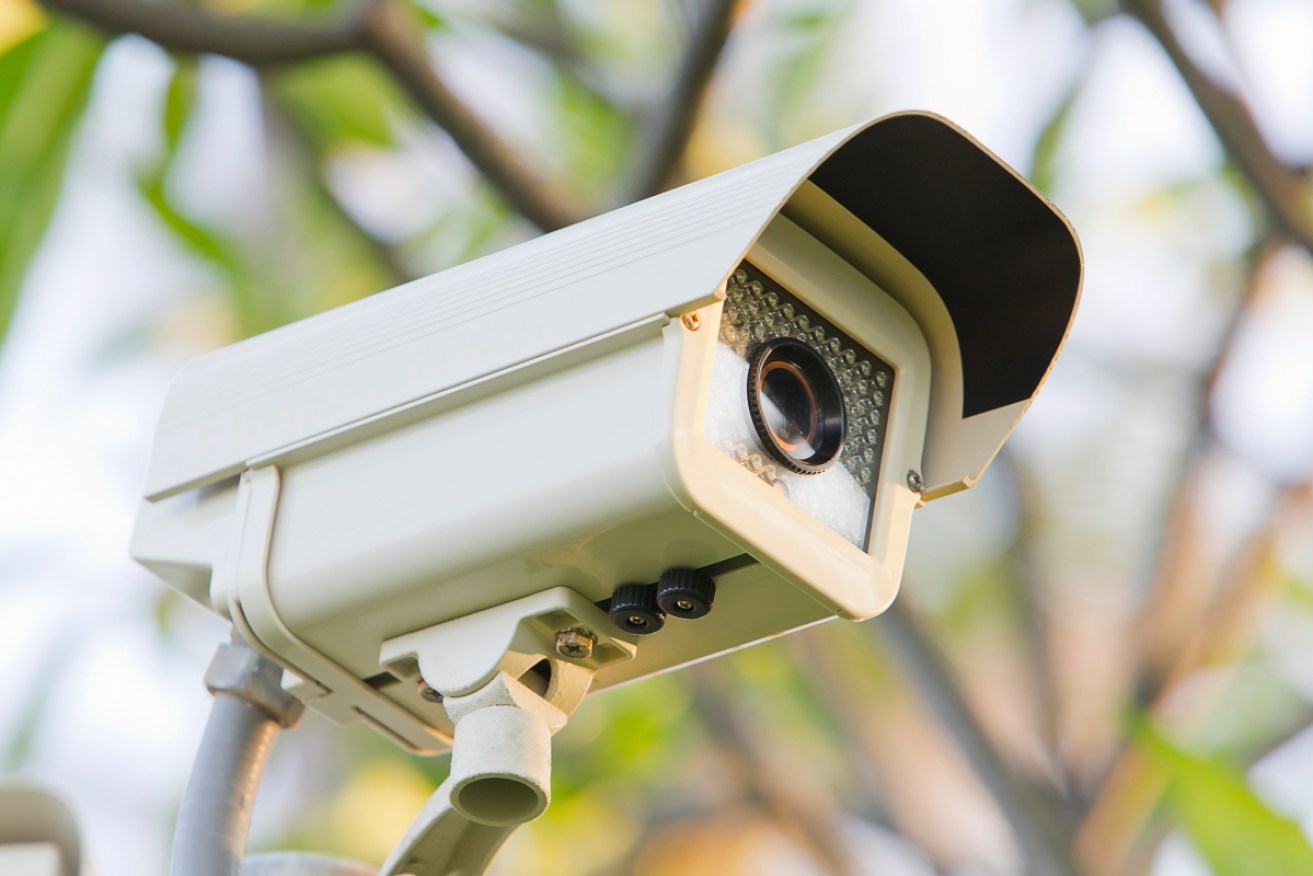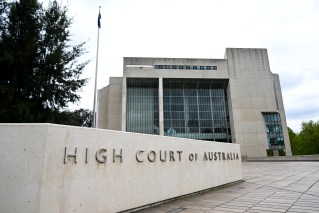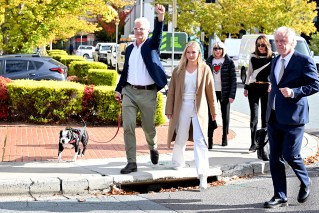Perth’s facial recognition cameras prompt scowls – and a campaign to stop ‘invasive’ surveillance


Perth residents who fear they are being tracked by facial recognition technology have sparked a campaign. Photo: Getty
Perth City Council has reportedly been filming and tracking people moving around parts of the city without their knowledge.
In what the council calls a trial, a network of 30 cameras with facial recognition technology have been deployed across East Perth. This has quietly gone on for six months.
The cameras use deep-learning artificial intelligence (AI) to recognise faces and vehicles, and to count passing people – a form of population control which China widely employs, and is criticised for by human rights groups.
But in Perth – the third Australian city to invest in the technology – many residents were unaware of the trial before it started.
Some of them only began asking questions when they suddenly spotted mysterious cameras near their homes. Since then, a privacy lobby group has started a campaign calling for a ban on facial recognition technologies for public surveillance.
Digital Rights Watch chair Tim Singleton Norton said the charity decided to launch the campaign after a Perth woman complained that she had “walked out of an urban apartment and saw a camera pointed right at her”.
“We’ve been contacted by members of the public who are concerned about how it invades their private life and it’s increasingly hard to get away from,” Mr Singleton Norton told The New Daily.
He said that aside from the invasion of privacy, one of the biggest issues around government bodies using facial recognition technology was the risk of mistake or exploitation.
“Government agencies are full of people, human error, biases, and agendas,” Mr Singleton Norton said.
“Is there enough oversight to make sure people are using it correctly?”
He pointed to the federal government’s controversial ‘robo-debt’ scheme in which thousands of welfare recipients were wrongfully issued debts between 2016-2019 due to a flawed automated data-matching system.
“The robo-debt scandal is a screaming beacon of what could go wrong,” Mr Singleton Norton said.
“Imagine the same thing with a network of CCTV cameras that are set to identify potential terrorists: If you’re a Middle Eastern-looking man with a large beard, you could be persecuted by an algorithm that mistakenly identifies you as a potential threat and relays that to the government.”
People being wrongly identified by cameras remains a big problem in the system.
After trialling automated facial recognition in 2016 and 2017, London’s Metropolitan Police reported that more than 98 per cent of matches mistakenly identified innocent members of the public.

A notice board detailing facial recognition technology in use in London. Photo: Getty
Mr Singleton Norton said another issue was the lack of transparency.
“If you go to a train station late at night and there is a video camera, you will probably feel a bit safer because there’s been work done to educate you on why that’s necessary,” he said.
“But if I’m walking through a park and see a camera that’s suddenly been nailed into a tree, what kind of consultation have I had?”
The City of Perth’s deputy chair commissioner Gaye McMath told The Guardian she rejected criticism that residents were not consulted properly about the trial.
“The City of Perth has been open and transparent regarding the trial of facial recognition in East Perth,” she told the paper.
Where else has facial recognition technology been trialled in Australia?
Queensland, Victoria, New South Wales and Darwin – sort of.
Last year, more than 130 CCTV cameras equipped with facial recognition technology were installed across Darwin’s CBD.
However, Darwin City Council has insisted that the cameras won’t be used to monitor and track people – only vehicles – despite including facial recognition capabilities in its application for federal funding.
In Brisbane, CCTV cameras with facial recognition were installed during the Gold Coast Commonwealth Games in 2018.
Queensland Police said it trialled the software to identify 16 high-profile suspected criminals among the crowds of spectators. None of the targets was identified.
Halfway through the Games, it was extended to basic policing, but only five out of 268 identities were found.
Brisbane Airport has also tested out the technology.
Last year in June, Stadiums Queensland confessed to trialling facial recognition software on sports fans and concertgoers without telling them.
The technology meant people were being monitored in real time, with their biometric data potentially being stored and shared with other agencies like state and federal police.
NSW and Victoria have already trialled the system at major stadiums.








